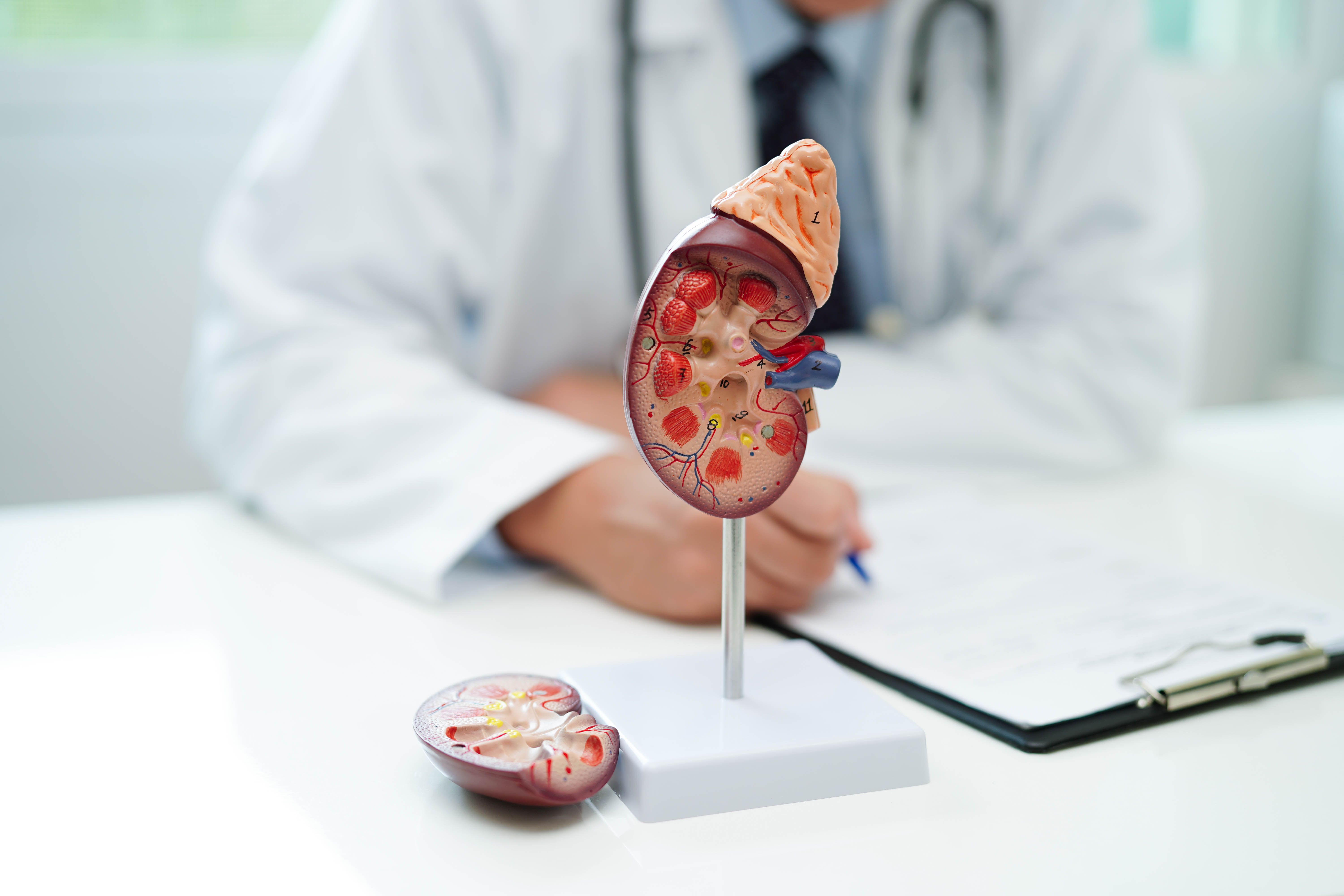How Your Diet Shapes Your Health
The Connection Between Diet and Health
Our diet is more than just a daily routine; it is a reflection of our lifestyle and a fundamental component of our health. The saying "you are what you eat" holds true, as the nutrients we consume can profoundly impact our physical and mental well-being. Choosing the right foods can lead to a healthier, more vibrant life.

Nutrients and Their Role
Nutrients such as carbohydrates, proteins, fats, vitamins, and minerals are essential for our body's growth, repair, and energy. Carbohydrates provide fuel for our brain, proteins are vital for muscle repair, and healthy fats are crucial for brain health. Vitamins and minerals support various bodily functions, from immune support to blood coagulation.
A balanced diet that includes a variety of these nutrients helps maintain body processes and prevents nutrient deficiencies, which can lead to severe health issues. For instance, a lack of calcium can result in brittle bones, while inadequate iron intake may lead to anemia.
The Impact of Diet on Chronic Diseases
Many chronic diseases, such as heart disease, diabetes, and obesity, are linked to dietary habits. Consuming a diet high in processed foods, sugars, and unhealthy fats can increase the risk of these conditions. Conversely, a diet rich in fruits, vegetables, whole grains, and lean proteins can help manage and prevent these diseases.

Adopting healthy eating habits can reduce inflammation, lower cholesterol levels, and regulate blood sugar, all of which contribute to improved health outcomes. It is essential to understand how certain foods interact with our body and make informed choices to support long-term health.
The Role of Hydration
Water is often overlooked in discussions about diet but is equally critical. Proper hydration supports digestion, nutrient absorption, and temperature regulation. It also plays a role in maintaining healthy skin and preventing kidney stones. It is recommended to drink at least eight glasses of water daily to stay hydrated.

Practical Tips for a Healthier Diet
Making dietary changes can seem daunting, but small steps can lead to significant improvements. Here are some practical tips:
- Incorporate more fruits and vegetables into your meals.
- Choose whole grains over refined grains.
- Opt for lean proteins such as fish or legumes.
- Limit intake of processed foods and added sugars.
By gradually implementing these changes, you can develop lasting healthy eating habits that enhance your overall health.
The Psychological Benefits of a Healthy Diet
A nutritious diet not only benefits physical health but also mental well-being. Certain foods can improve mood and cognitive function. Omega-3 fatty acids found in fish like salmon are known to support brain health, while dark chocolate has been linked to the release of feel-good hormones like serotonin.

Maintaining steady blood sugar levels through balanced meals can also help reduce mood swings and improve focus. Thus, eating well contributes to both body and mind wellness.
Conclusion: A Holistic Approach
Incorporating a healthy diet into your lifestyle is an investment in your future. By understanding the profound impact food has on our bodies and minds, you can make informed decisions that enhance your quality of life. Remember that balance is key—enjoy a variety of foods in moderation to support your health journey.